Fifteen geographers from 11 states and the West Indies were named as the AAG’s first-ever cohort in the Elevate the Discipline program, which trains them to leverage the media and other public channels as voices for public policies, and advocates for change. In keeping with the 2023 theme “Climate and Society,” these participants represent the rich and diverse range of practice within the discipline, including hydroclimatology, political ecology, climate and health, disaster geography, geoinformatics, soil science, and more.
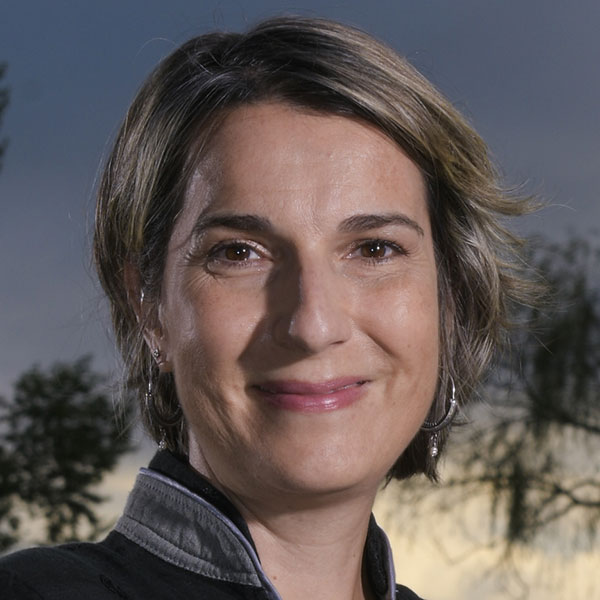
Anamaria Bukvic

Katie Clifford
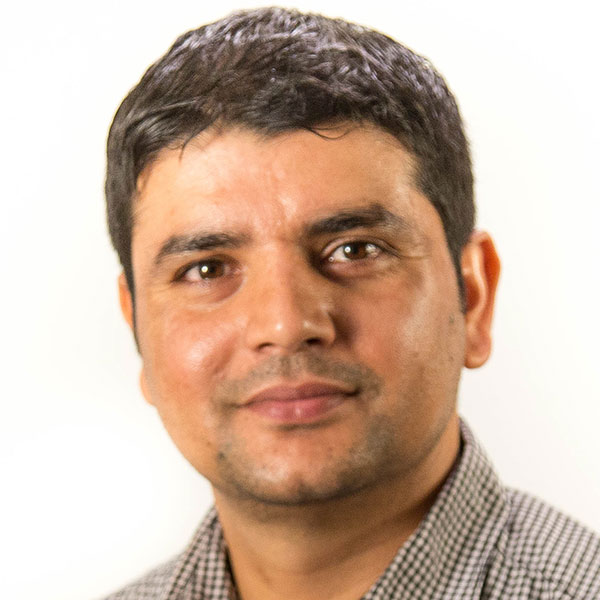
Rajiv Ghimire

Zhiying Li
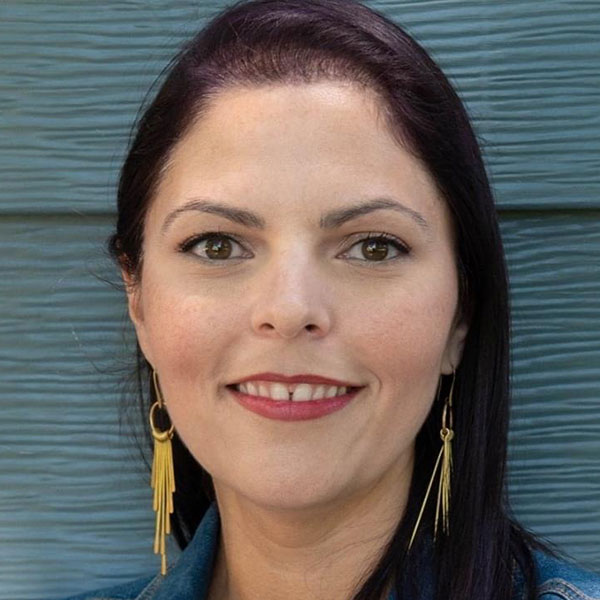
Adriana Martinez
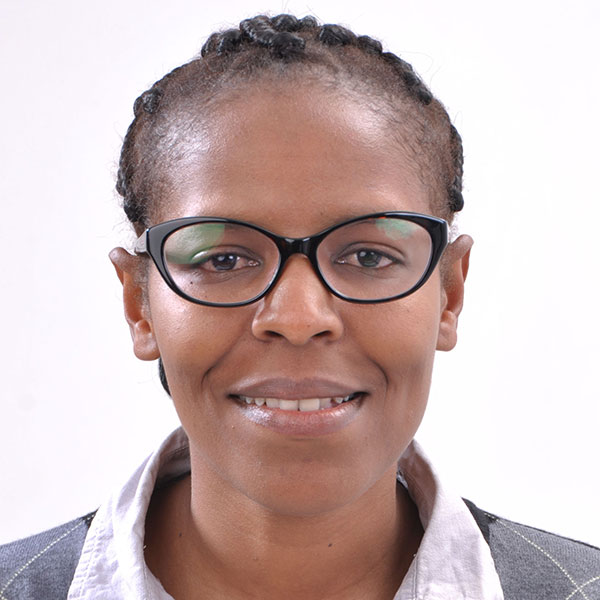
Nkatha Mercy
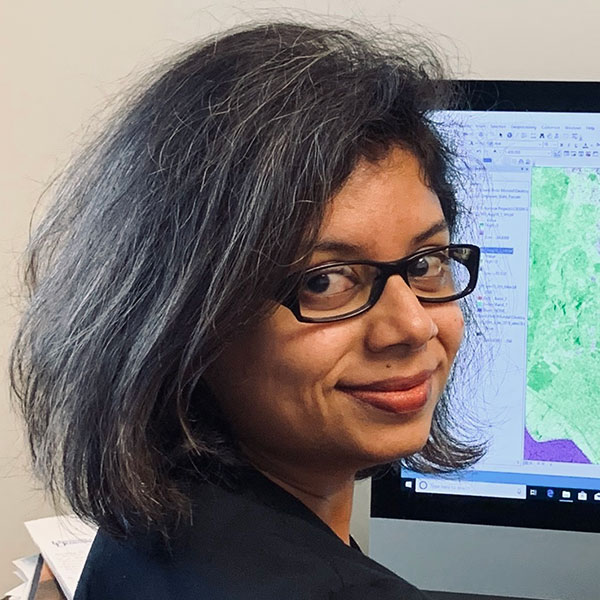
Pinki Mondal
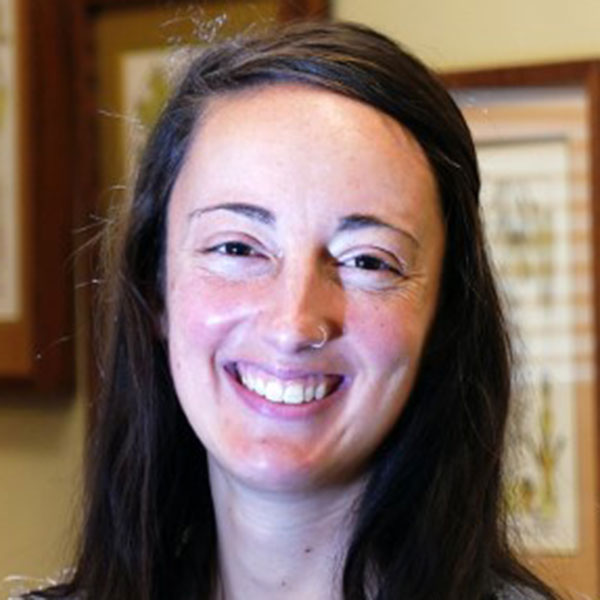
Rebecca Nixon
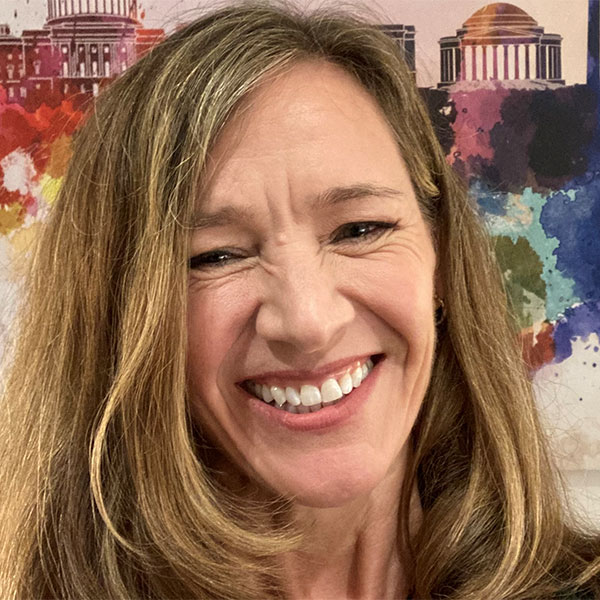
Shannon O'Lear
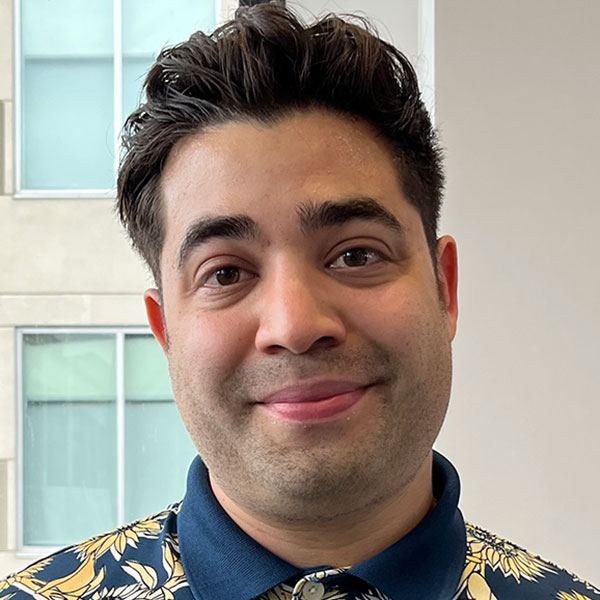
Mark Ortiz
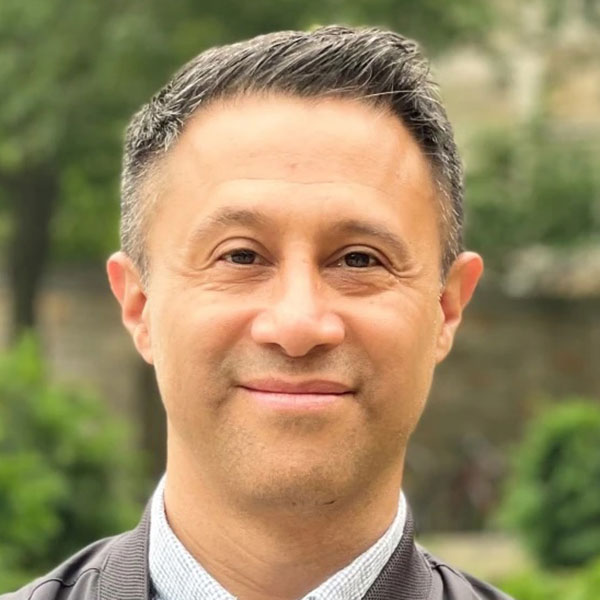
Ivan J. Ramirez

Farhana Sultana

V. Kelly Turner
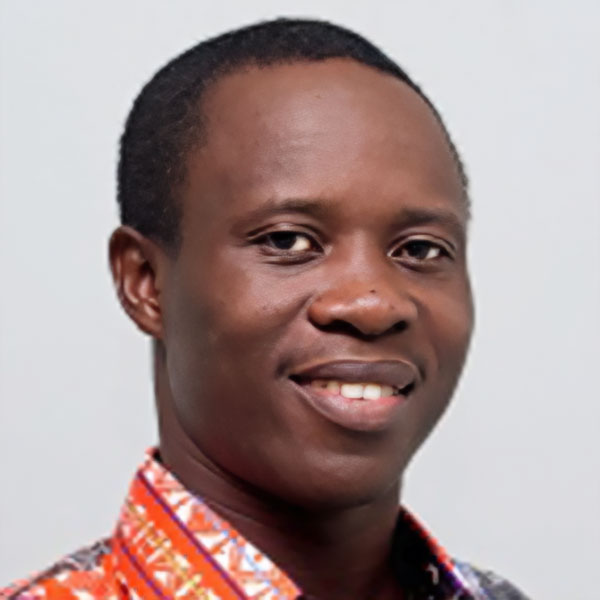
David Oscar Yawson

